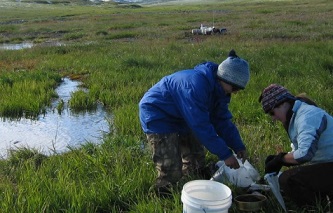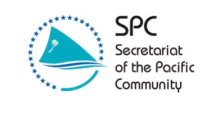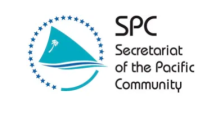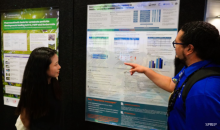
Travel, social and funding restrictions imposed in response to the COVID-19 pandemic have taken a toll on scientific research worldwide. Graduate students and early-career scientists have seen their plans for field research and projects thrown into uncertainty, while science conferences on issues from climate change to conservation have been postponed. Long-term research projects, some going back decades, face an unprecedented break in data gathering, and there’s widespread uncertainty about how long grants and other funding sources will be available.









